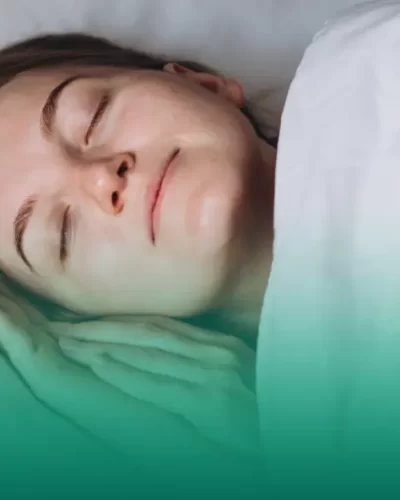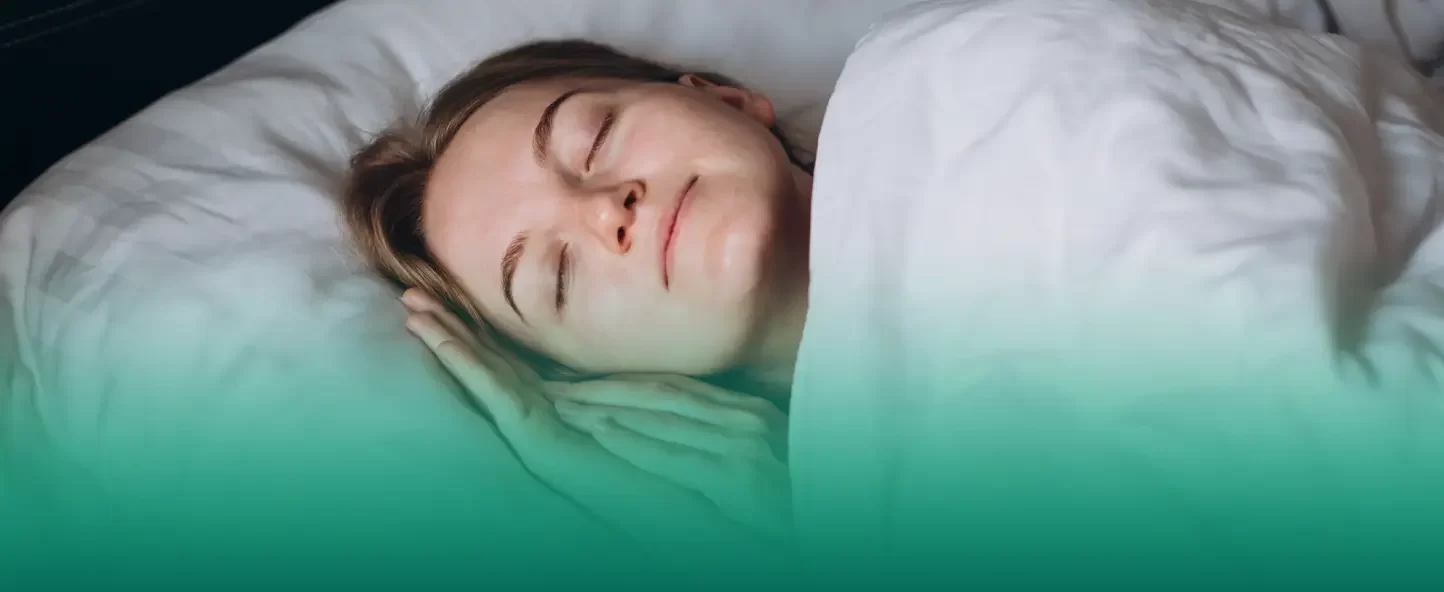Myth: You need to sleep eight hours a night
The duration of sleep may vary for each person. Although the generally accepted standard indicates a certain number of hours of sleep, many people can feel comfortable and well-rested even if they deviate from this standard.
Individual sleep needs depend on many factors, including age, physical activity, genetics and sleep quality.
The National Sleep Foundation recommends that healthy adults get seven to nine hours of sleep each day. However, each person is unique and their sleep needs may vary.
It is important that he feels rested and energetic. However, too much or too little sleep, especially if it becomes a regular occurrence, can have a negative impact on your health.
Myth: The consequences of lack of sleep should not be underestimated
It is as important to our health as proper nutrition and physical activity. During sleep, the production of important hormones peaks, including:
• Melatonin, which promotes deep and restful sleep and also regulates our internal clock, or circadian rhythm.
• Somatotropic hormone, which plays a key role in the growth and development of the body, especially in children. It also affects metabolism, making it important for maintaining a healthy weight.
• Leptin, which controls our hunger by helping regulate appetite and body fat levels.
For example, according to the American Academy of Sleep Medicine and the Sleep Research Society, more than nine hours of sleep per night is considered normal for young adults, those compensating for sleep loss, and people with chronic illnesses. An increased need for sleep may also be common in pregnant women.
Almost half of Russian residents suffer from sleep deficiency on weekdays. However, trying to make up for lost time on the weekend cannot replace regular, high-quality and sufficient sleep.
Myth: It is quite possible to sleep for nine hours and wake up exhausted if your sleep is not of good quality.
Quality sleep is determined by the following signs:
• Fall asleep quickly in 30 minutes or less.
• Get a full night’s sleep, with few, if any, awakenings.
• Easy falling asleep after waking up at night, usually taking no more than 20 minutes.
• Sleep duration corresponds to average age norms.
• Feeling fresh, invigorated and energetic after waking up in the morning.
Exposure to artificial light, such as scrolling through your phone or watching TV before bed, can disrupt your circadian rhythm, causing your body to confuse day with night.
In response to darkness, the pineal gland in the brain, or pineal gland, begins to produce melatonin, which promotes sleep and makes it easier to stay asleep. Disruption of this process can make it difficult to fall asleep.
Myth: Sleep disorders can be caused by various pathologies
Here are the most common ones:
Insomnia: Difficulty falling asleep or frequent awakenings at night, which can make it difficult to fall back asleep. Insomnia can be caused by stress, anxiety, or medical problems.
Sleep apnea: short-term cessation of breathing during sleep, accompanied by severe snoring. This can lead to decreased sleep quality and an increased risk of cardiovascular disease.
Restless legs syndrome: discomfort in the legs, such as tingling or burning, with a desire to move them to relieve discomfort. This often occurs during periods of rest and can make it difficult to fall asleep.
Hypersomnia: Excessive sleepiness during the day, which can lead to daytime napping and decreased productivity.
Parasomnia: talking, walking, or other unusual activities while falling asleep, sleeping, or immediately upon awakening. This may be associated with sleep disturbances and decreased quality of rest.
Circadian rhythm disorders: Problems with your sleep-wake cycle, which can lead to insomnia or daytime sleepiness.
This often occurs due to changes in sleep patterns, such as working at night or flying across multiple time zones.
If the quality and duration of your sleep has been affected for several weeks for no apparent reason, and this is affecting your well-being, you should consult a doctor.






